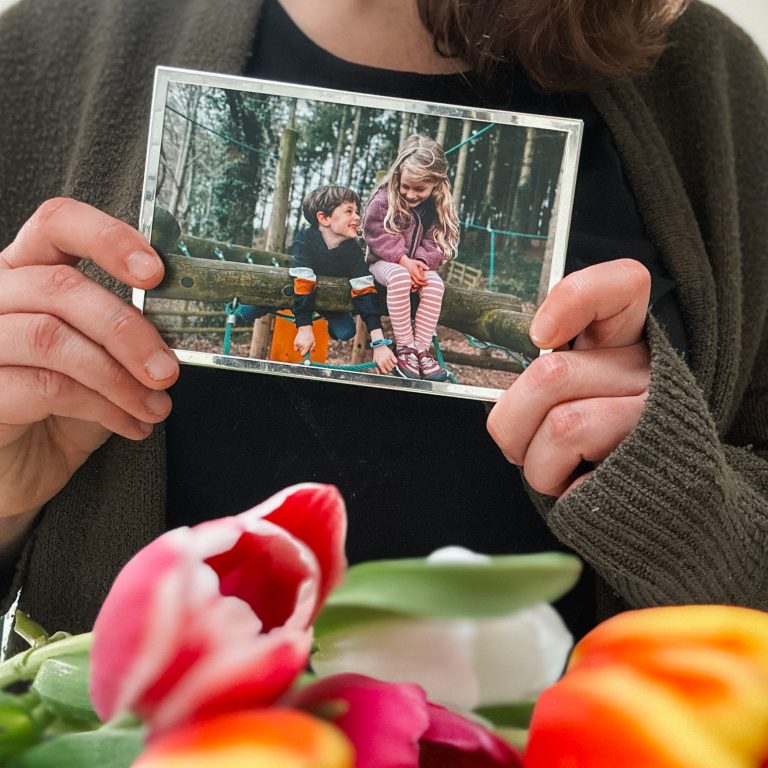Forty percent of children complete primary school without having acquired the vocabulary expected of this age group. If you want to give your children an edge in life, don’t rely solely on schooling to see to all their educational needs. Teach them the value of ongoing learning throughout life. That doesn’t mean learning has to be tedious. Keep your child stocked up with puzzle books for moments of non-activity. These can be beneficial. For example, a common Wordsearch puzzle is a passive way to learn vocabulary but increases word recognition.
Vocabulary learning must begin early in life. From your earliest conversations with your baby and toddler, you are teaching them new words every day. As they grow, help them to keep adding to their vocabulary with fun activities.
Reading Time
Once your child has learned to read by themselves, you may think that storytelling is over. On the contrary, you should continue to read to them. Choose appropriate books that they would struggle to read alone. While many of them will be fiction, you can also bring in autobiographies and other non-fiction works. This allows you to teach values in addition to new words. Always pause with unfamiliar words and check their understanding. If the spelling is tricky, go over it with them a few times. Children soak up learning even if you think they are not ready for it yet.
Post-It Notes
Stick Post-It Notes on items around the house. Write legibly, following the style that the child is taught in school. At first, only use the noun for an object, such as ‘apple’. As your child gets to know these words, add an adjective, e.g., ‘red apple’. But don’t end the learning there. At random times shoot them a word that they must spell as quickly as possible. If they get it wrong, they will be sure to go and check the word, thus reinforcing the learning. They will also pay more attention to all the words in case they are called on to spell them. This makes your child an active participant in the learning experience.

Word Games
Scrabble or Words with Friends present a challenge to finding words. So, if you play a lot of word games with your kids, you can teach them to use a Word Unscramble tool. By inputting random letters, this aid will come up with all the words that can be formed. Additionally, it provides the points for Words with Friends and Scrabble. Encourage children to keep a dictionary next to them while they play. Whenever they encounter an unfamiliar word, get them to look it up. Demonstrate how it is used in a sentence. Then get the child to come up with their own sentence using that word to confirm that they have grasped the meaning correctly.
Teach One New Word a Day
Get your children a cheerful calendar and use it to record one new word every day. To keep the children involved and engaged, suggest choosing a word from the dictionary that they don’t know. This will have them searching and discarding several new words before settling on the word of the day. Make sure they know how to use the word in a sentence. Hang their calendars in a room the family frequents so that you can test them from time to time. Younger siblings will learn from their older brothers and sisters too.
Writing
Buy each of your children a beautiful journal. Ask them to write a few sentences in it every day about something that awed or excited them, made them happy or appreciative, or that they found uplifting. Tell them to describe the experience and their feelings around it in detail as if they want to recall it exactly when they read it back. Not only will it set the tone for a positive outlook in life, but it will also teach them to express themselves accurately.
Acquiring an extensive vocabulary will become a natural part of life.









No Comments